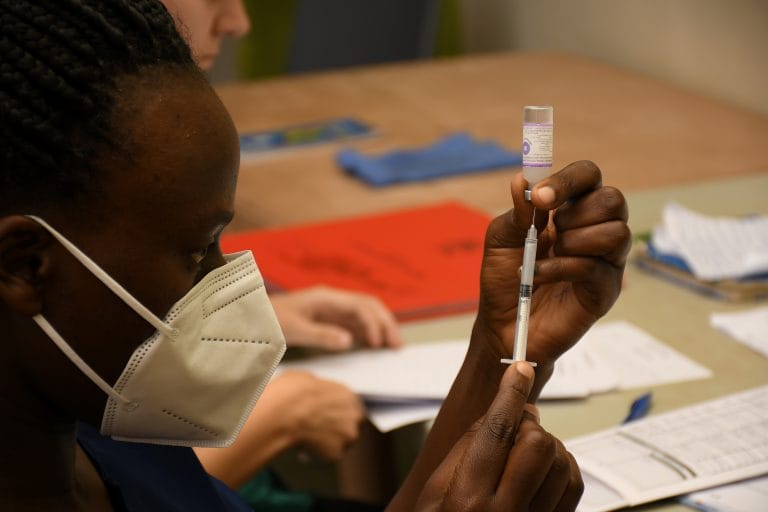Gaines County, located in the remote expanse of West Texas, has recently become the epicenter of a serious health alert as state health authorities confirm an outbreak of measles. In the past two weeks alone, more than ten cases have been documented, with over 80% involving school-aged children. Concerns are mounting as the outbreak unfolds against a backdrop of dwindling vaccination rates, which have steadily declined in the region.
Measles, a highly contagious viral disease, is preventable through vaccination. However, the current situation in Gaines County underscores the challenges in maintaining sufficient immunization coverage. The Texas Department of State Health Services (DSHS) has reported that all individuals infected during this outbreak were unvaccinated, a fact that has sharpened scrutiny on local vaccination policies and practices.
The Role of Vaccination Rates in the Outbreak
Texas has witnessed a gradual decline in the percentage of vaccinated school-aged children in recent years. While the immunization rate for measles across Texas still hovers above 90%, pockets of low vaccination rates are a growing concern, particularly in rural regions like Gaines County. In the 2023-2024 school year, data revealed that close to 14% of children in Gaines County had vaccine exemptions, a figure which is five times the state’s average.
Local health experts believe that misinformation about the measles, mumps, and rubella (MMR) vaccine, coupled with philosophical or religious exemptions, has contributed to parent hesitancy. This gap in immunization coverage creates optimal conditions for the resurgence of diseases previously thought to be under control.
According to Dr. Susan Carter, an infectious disease specialist in Texas, “The current outbreak is not just a public health issue; it is a symptom of the broader problem of declining vaccination rates. Immunization is a community responsibility that protects not only the individual but also the most vulnerable among us, including children too young to be vaccinated.”
Impact on Public Health Resources
Health officials are grappling with the logistical and operational challenges of managing the outbreak. At least seven individuals have been hospitalized due to severe complications linked to measles, a disease known to cause fever, rash, coughing, and in some severe cases, encephalitis or even death. The outbreak has also prompted neighboring counties to monitor for potential spread.
Emergency vaccination campaigns have been launched to curb the escalation. A mobile vaccination unit has been dispatched to Gaines County, offering free immunizations to unvaccinated residents. Schools in the affected areas have also stepped up precautions, including temporary quarantines for unvaccinated students exposed to known cases.
Statewide and National Implications
While this outbreak is localized to Gaines County, it sends a ripple effect through the state and nation, raising awareness about the importance of vaccination as a preventive measure. Texas is no stranger to measles outbreaks, with cases having occurred sporadically over the years, particularly in communities with low vaccination rates.
The Centers for Disease Control and Prevention (CDC) has been closely following the development of this outbreak and is in communication with state and local health agencies. The CDC has consistently advocated for at least 95% MMR vaccination coverage across communities to prevent outbreaks of measles, which remains one of the world’s most contagious diseases.
Next Steps: Policy and Advocacy
The Gaines County outbreak has reignited discussions around vaccination policies in Texas. Some lawmakers are calling for stricter regulations on vaccine exemptions to mitigate future outbreaks, while others emphasize the need for enhanced public education campaigns to dispel myths surrounding vaccines.
State and local health authorities are also taking steps to ensure compliance with existing vaccination regulations, such as reminding schools and childcare providers of the state requirements for MMR immunization. Parents are being encouraged to consult with healthcare providers to understand the safety and efficacy of vaccines better.
In the meantime, community leaders in Gaines County are working to ease anxieties while urging residents to take proactive steps to protect themselves and their families. Public forums and information sessions have been scheduled to educate the community about the importance of vaccination and the risks posed by diseases like measles.
As health officials continue to monitor the situation, the Gaines County outbreak serves as a crucial reminder of the collective effort required to maintain public health. Vaccination remains one of the most effective tools against preventable diseases, and its importance cannot be overstated in the face of outbreaks like this one.


